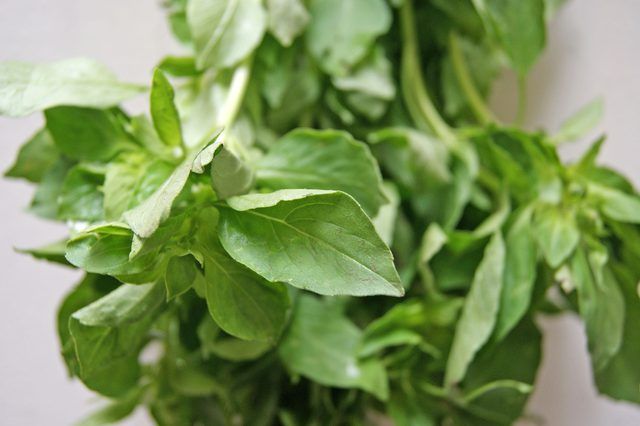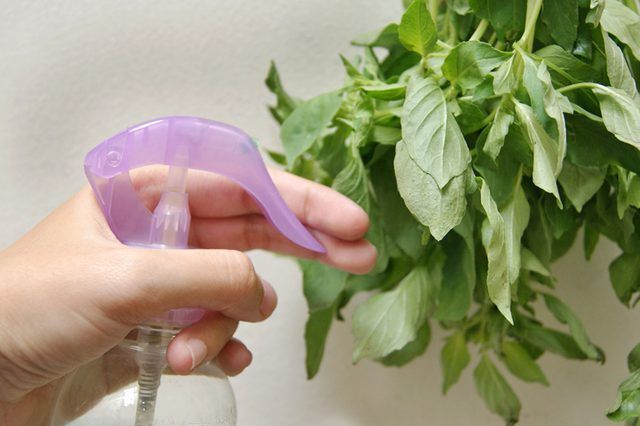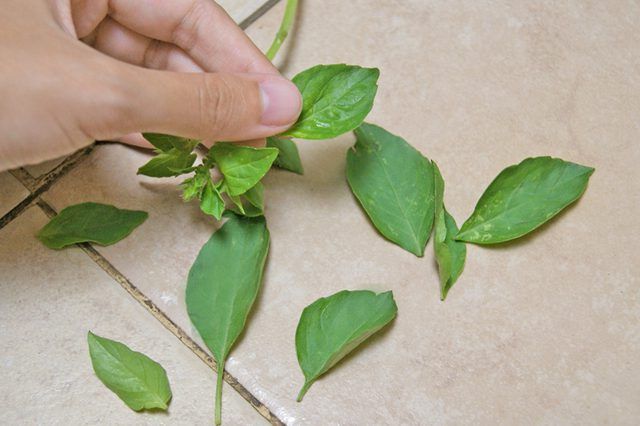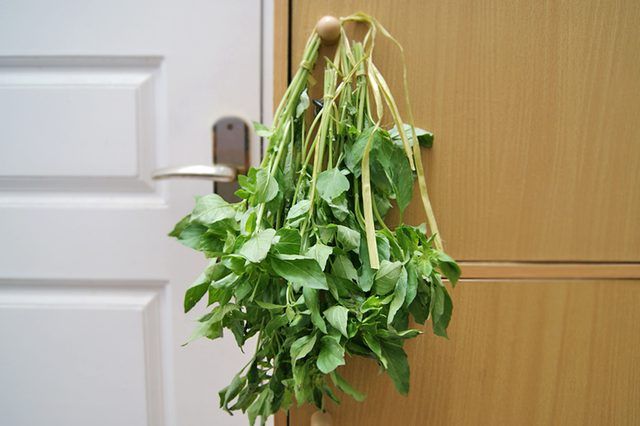Bulbs
Flower Basics
Flower Beds & Specialty Gardens
Flower Garden
Garden Furniture
Garden Gnomes
Garden Seeds
Garden Sheds
Garden Statues
Garden Tools & Supplies
Gardening Basics
Green & Organic
Groundcovers & Vines
Growing Annuals
Growing Basil
Growing Beans
Growing Berries
Growing Blueberries
Growing Cactus
Growing Corn
Growing Cotton
Growing Edibles
Growing Flowers
Growing Garlic
Growing Grapes
Growing Grass
Growing Herbs
Growing Jasmine
Growing Mint
Growing Mushrooms
Orchids
Growing Peanuts
Growing Perennials
Growing Plants
Growing Rosemary
Growing Roses
Growing Strawberries
Growing Sunflowers
Growing Thyme
Growing Tomatoes
Growing Tulips
Growing Vegetables
Herb Basics
Herb Garden
Indoor Growing
Landscaping Basics
Landscaping Patios
Landscaping Plants
Landscaping Shrubs
Landscaping Trees
Landscaping Walks & Pathways
Lawn Basics
Lawn Maintenance
Lawn Mowers
Lawn Ornaments
Lawn Planting
Lawn Tools
Outdoor Growing
Overall Landscape Planning
Pests, Weeds & Problems
Plant Basics
Rock Garden
Rose Garden
Shrubs
Soil
Specialty Gardens
Trees
Vegetable Garden
Yard Maintenance
How to Use Basil as an Insect Repellent
How to Use Basil as an Insect Repellent. Basil plants can repel insect pests in your garden, or you can crush or burn the leaves for a more powerful punch of bug repellent on the patio. Mother Earth News reported in 2012 that two varieties of basil were effective at repelling mosquitoes. Basil's strong odor deters some, but not all insects, and the...
Basil plants can repel insect pests in your garden, or you can crush or burn the leaves for a more powerful punch of bug repellent on the patio. Mother Earth News reported in 2012 that two varieties of basil were effective at repelling mosquitoes. Basil's strong odor deters some, but not all insects, and the plant won't harm beneficial insects in your garden.

The two types of basil reported to be effective for repelling mosquitoes by Mother Earth News test were lime basil (Ocimum americanum) and holy basil (Ocimum sanctum). Lime basil is also called hoary basil and hairy basil. Names for holy basil include sacred basil, tulsi and holy tulsi. You can apply the leaves of these plants directly as a mosquito repellent, according to Mother Earth News. Crush the leaves to release their volatile oils and rub them on your exposed skin.

The premise of companion planting is that growing certain plants together benefits the plants. In the case of basil, its aromatic oils may help protect plants that insects find particularly tasty. Plant basil with tomatoes to repel flies, mosquitoes and thrips, suggests the University of Illinois Extension. Basil has a reputation for repelling hornworms, too. However, this isn't a fool-proof strategy. Katydids, Japanese beetles and other pests enjoy chomping on basil. Spraying the plants with water and using insecticidal soap help control pest insects without harming bees.

Cut the leaves or stems with sharp hand clippers or a knife. Use household disinfectant on the blade between plants to avoid spreading pests or diseases. Alternatively, wash your hands and pinch leaves off at the stem. Bruise the basil leaves and strew them on your porch or patio. Put some in dishes on outdoor tables to help repel mosquitoes. Stems of fresh basil combine well with flowers for centerpieces. Fresh basil will also keep in the refrigerator for a few days if you want to wait before using it. Poke a few holes in a plastic bag before storing the basil in it to prolong freshness.

Lime basil repels insects when burned. Hang the basil by its stems or spread leaves on trays in a dark, dry place. If you don't have a dark place such as a closet or cupboard for drying the herbs, put them in a paper bag. Sunlight reduces the herb's pungent scent and effectiveness. Once the basil is fully dry, it's ready to burn. Dry basil will crumble when you crush it. Use a fire-safe container -- such as a metal container with holes in the lid designed for burning incense -- and keep the container away from other flammable materials to reduce the risk of fire.
